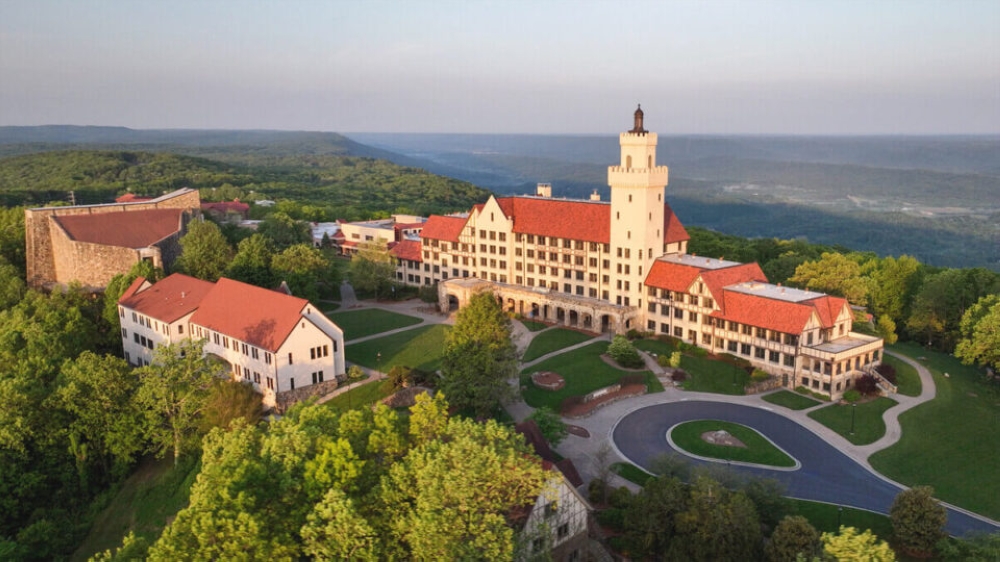One, of many, advantage of election cycles is that, especially close to the vote, those who intend to represent the people have to become sensitive to (cynics would say pander) the people’s needs. With the elections for the House of Deputies less than a year away, I am loving this last session of the House of Deputies.


One, of many, advantage of election cycles is that, especially close to the vote, those who intend to represent the people have to become sensitive to (cynics would say pander) the people’s needs. With the elections for the House of Deputies less than a year away, I am loving this last session of the House of Deputies. I have often taken issue with some of the bills being discussed. This time, to give credit where it’s due, the Deputies have been acting like the elected representatives of the people. Discussions on lowering of burial costs, legalizing prostitution and protecting those who engage in it for a living as well as the severe housing shortage in this city have been a welcome surprise. Most recently, the Deputies were discussing a bill put forward by the Minister of Justice to reduce the backlog of cases at the Supreme Court. The Minister of Justice, Tharcisse Karugarama, introduced a bill seeking to increase the number of Supreme Court Justices, redistribute competencies to lower courts as well as give Court Registrars more discretion to reject applications to the Court that do not meet the minimum requirements of an appeal. There are several arguments to be had on this topic ranging from the constitutionality of a member of the Executive attempting to effect change on the Supreme Court to issues relating to the limits on the right of appeal. The Deputies, however, decided to ask the no less valid pragmatic questions instead like whether additional Supreme Court Justices would be an unnecessary expense to the State and what happens to the lower courts taking on additional competencies (not to mention cases) while the quantity and quality of staffing at these courts remains the same. One Deputy, Yvone Mukayisenga, even told the Minister, in one of my favorite quotes of the year to, "Spare public funds”. As a taxpayer such a proclamation brings me no small amount of joy. If the House of Deputies is getting my star of approval, there are a few others who are sure to get demerits in my book. Without naming any names, the Mayors who have been harassing Papyrus (not to mention ordering the good people of Kigali to bed during the last festive season) over the last two years, the next elections cannot come soon enough. I chose to start this piece with a play on the wording of the title from the Erich Remarque novel, ”All quiet on the Western Front”. It’s a well written if depressing story on the trench warfare that was the western front in the First World War from the perspective of a German soldier. Whoever sent 400 Congolese soldiers across our common border could stand a read. It has been my opinion that Rwanda’s travails with false accusations on the imbroglio that is the Democratic Republic of Congo stem in no small part from its lack of involvement in Eastern Congo rather than any misperceived support for the mutinying M23. Kinshasa needs clear Rwandan military involvement for domestic political reasons. With this they get a foreign boogeyman to outrage and unite the people of Congo behind their President. With a foreign occupation, Kabila could then call upon old friends like Angola or Zimbabwe (whether they accept is another matter) to help in his war to restore Congolese sovereignty. If Kabila’s army loses to Rwanda or the conflict comes to a stalemate, he still has his bogeyman. If they prevail, Kabila reaps the victory dividend for the next decade. No matter that thousands of his citizens suffer in the process or a couple of soldiers are killed in senseless aggression, this is a purely Machiavellian political calculation copied from the playbook of the late Serbian dictator, Slobodan Milosevic. A win-win situation that a negotiated settlement will not give him.So what is to be done? First, there has to be the recognition that Kinshasa is not interested in peace. Secondly, there will be other provocations in the coming days; the RDF will have to find a way to defend us without taking the bait. Thirdly, pressure must be applied on Kinshasa to enter into a political solution with its mutineers for the sake of the thousands of Congolese suffering as a result of this unnecessary conflict. Given the track record of the Congolese government and the International actors (government and non-government) in that country, I would not hold my breath. Life beyond our western border will be anything but quiet and likely to remain a place of untold suffering and cause for nervousness for Congo’s neighbors. Just like the First World War.




